T4K3.news
Rising cancer rates in young women
New study shows cancers in people under 50 are rising, with women more affected and screening guidelines under review.
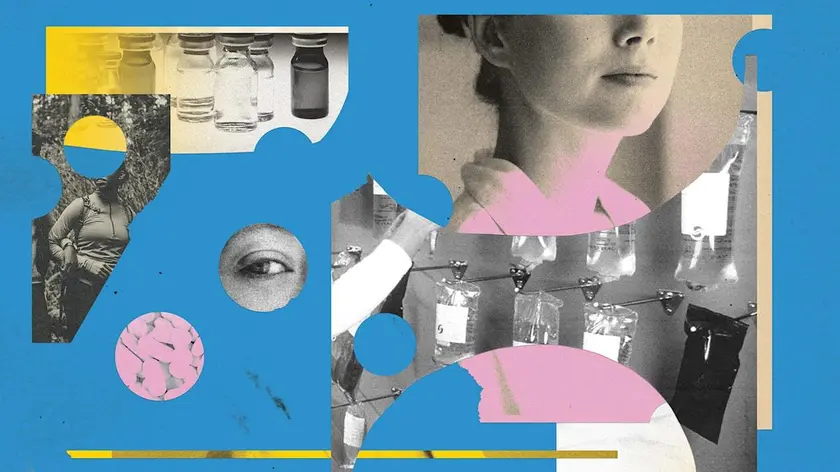
A BMJ Oncology study shows cancer in people under 50 is rising, with women bearing a larger share and screening and risk awareness becoming more urgent.
Rising Cancer Rates Among Young Women Prompt Action
A BMJ Oncology study finds that cancers diagnosed before age 50 have risen about 80 percent since 1990, and projections suggest a further increase by 2030. Women in this age group now show higher rates than men, and many tumors are identified at more advanced stages, complicating treatment outcomes. The fastest increasing cancers are colon and rectal, followed by uterine, blood, kidney, and breast cancer.
Screening for younger people remains limited by age-based guidelines and the realities of healthcare systems. Mammograms can be less reliable in dense breast tissue, which complicates early detection for younger patients. While some private screening options exist, doctors caution they are not yet validated for broad clinical use. In the meantime, experts emphasize practical steps: maintain a healthy lifestyle, monitor new or unusual symptoms, and use risk assessments to guide conversations with clinicians. People with a family history may consider earlier screening, but access and individual risk will shape the path.
Key Takeaways
"I was a college athlete, I went to the gym all the time, I ate healthy"
Putala describing the gap between lifestyle and cancer diagnosis
"Don’t feel discouraged. Bring it back to them"
Dr. Giri advising persistence in seeking care
"If a colon cancer is diagnosed at 42, it wasn’t due to screening; it was due to symptoms"
Bevers explaining how some cancers present despite screening
"I honestly don’t even think it crossed doctors’ minds that I could have cancer"
Putala on delayed recognition by clinicians
The rising rates challenge the idea that youth protects against cancer. It raises questions about where resources should go, how to restart risk-based screening, and how to balance benefits with costs for a strained health system. The piece personalizes the trend through stories of patients who faced delays or unusual disease patterns, underscoring gaps in early detection.
Highlights
- Cancer does not pick a calendar
- Knowledge can change the way you live your decisions
- Symptoms can be a louder alarm than age
- Healthy living helps but cannot guarantee safety
Budget and access concerns over rising young cancer rates
The article highlights how increasing cancer rates in young people could strain screening programs and access to care. It also notes the presence of private screening options that are not yet clinically validated, which could complicate policy and spending decisions.
The story invites readers to imagine a health system that detects risk before symptoms appear.
Enjoyed this? Let your friends know!
Related News
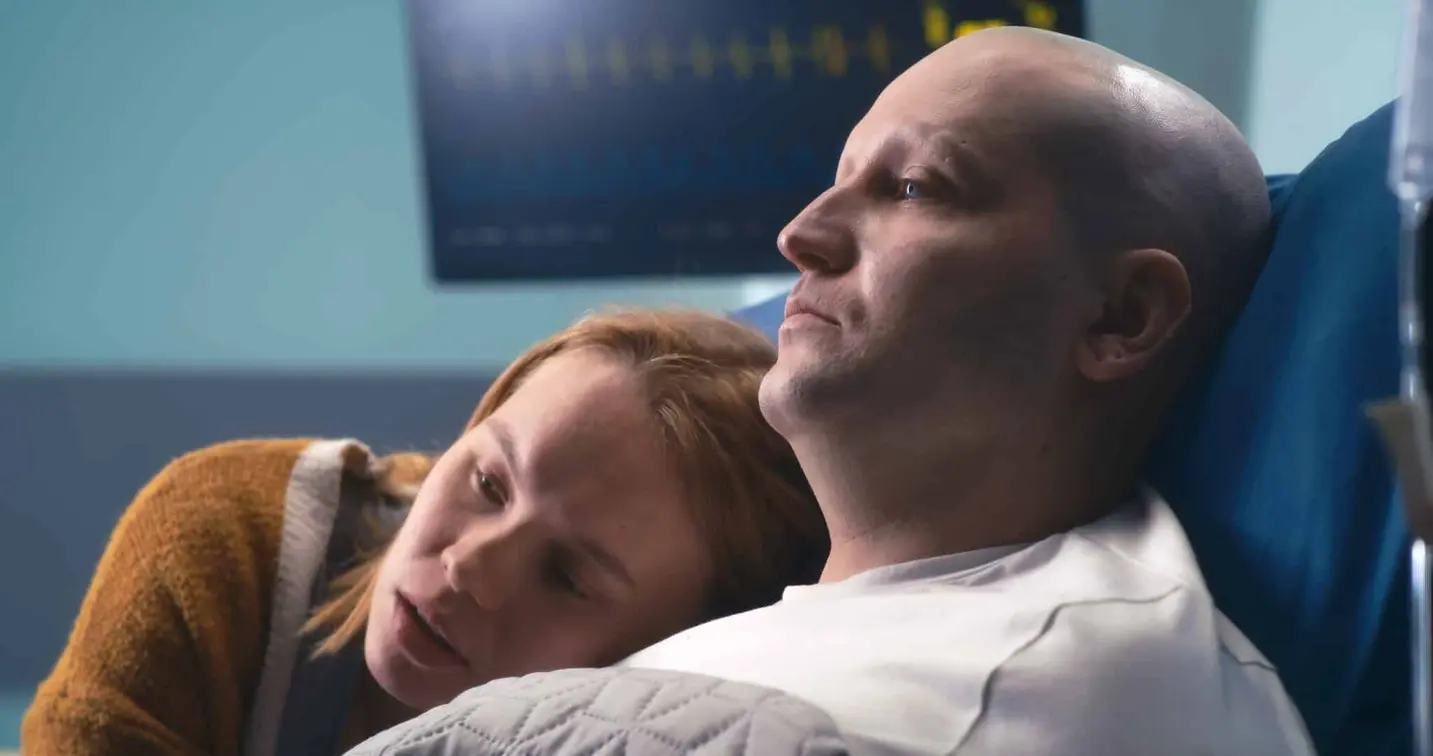
Young Americans face higher rectal cancer risk
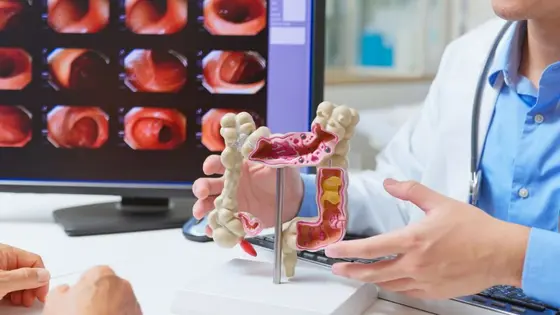
Colorectal cancer screenings expand as cases rise
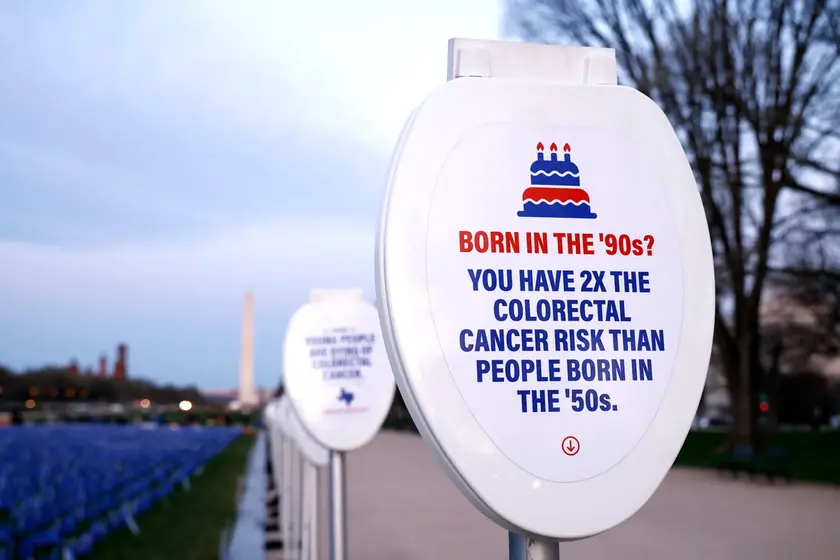
Colorectal cancer rates soar among young adults

Study links ultra-processed foods to lung cancer risk
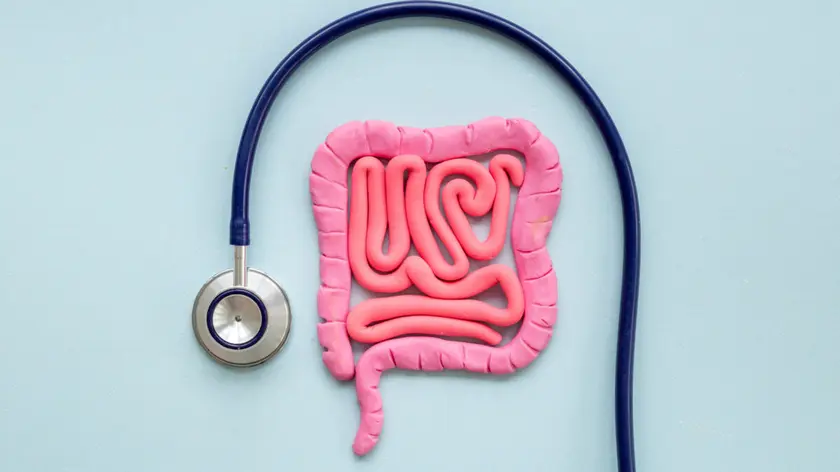
Surge of GI Cancers in Young Americans Confirmed
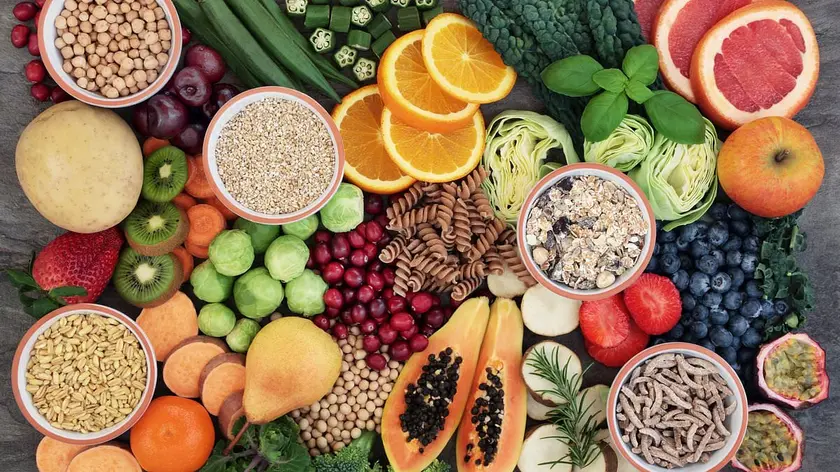
Surgeon warns about fibre intake
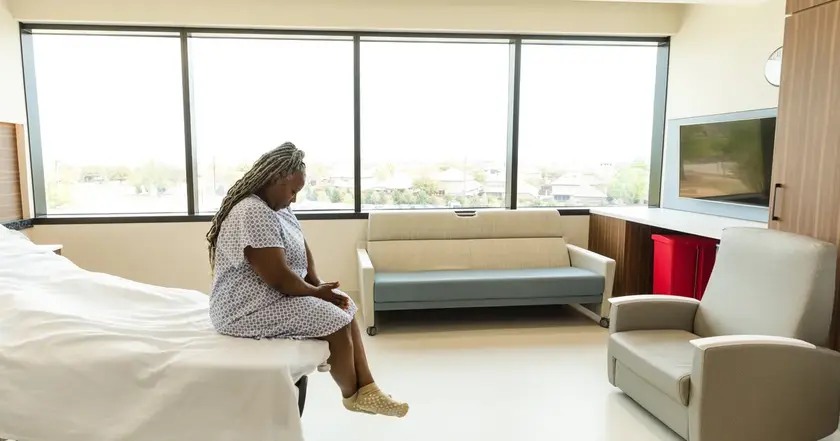
Uterine Cancer Cases Expected to Reach 70,000 in 2024

Gen Z college graduates face high unemployment rates
